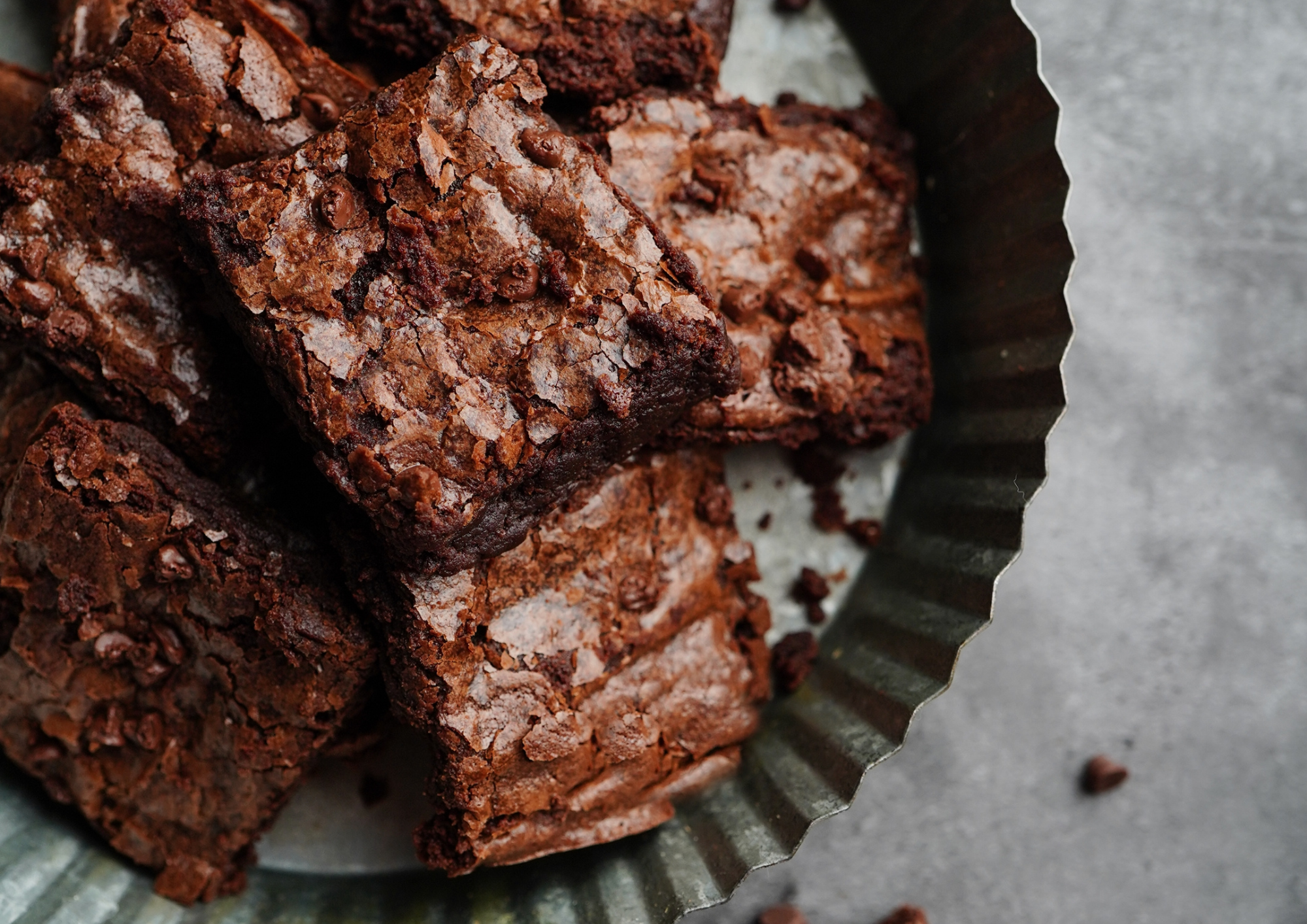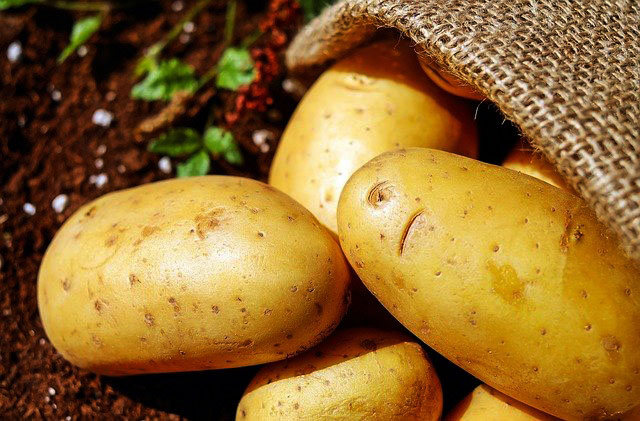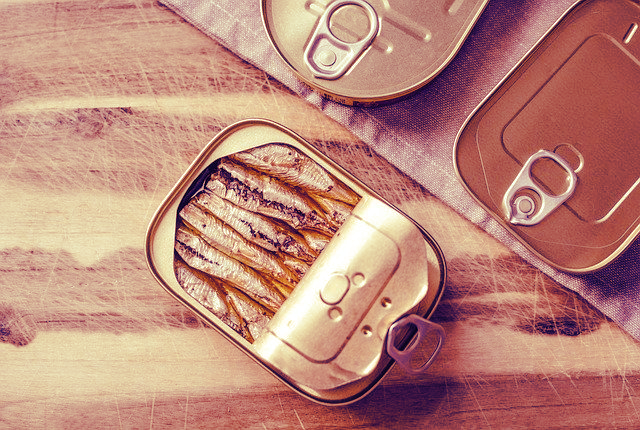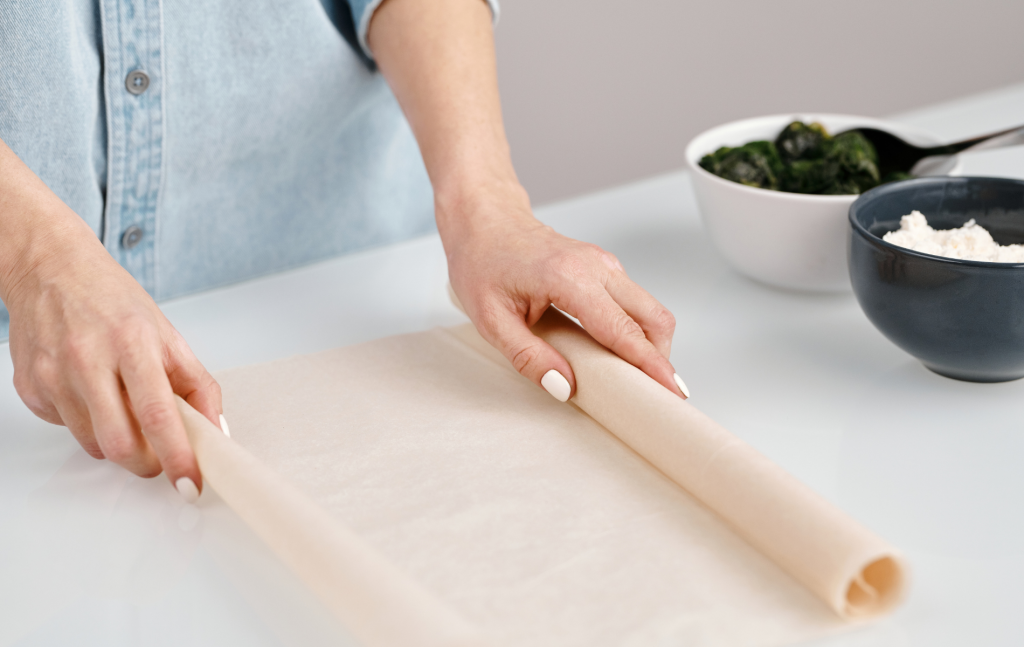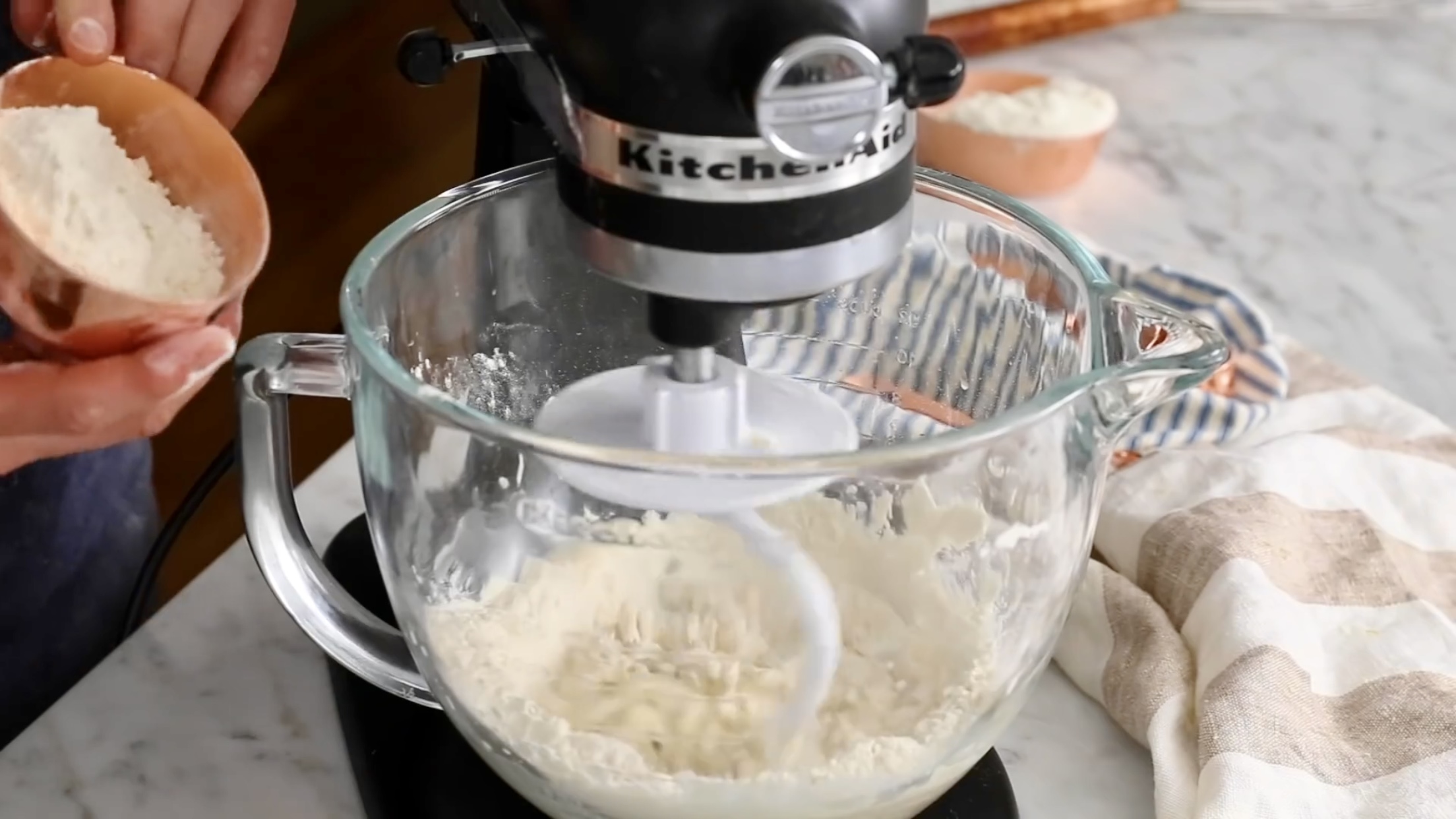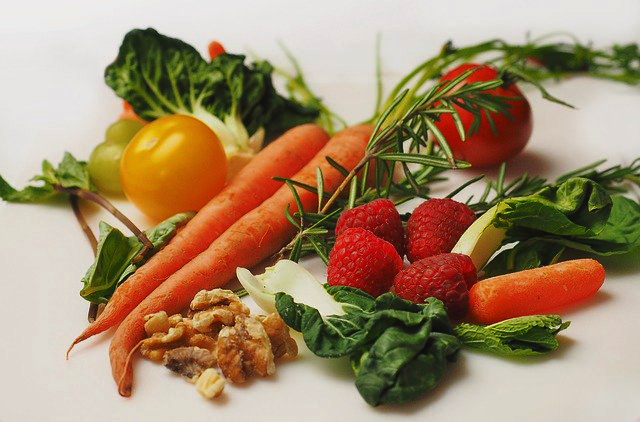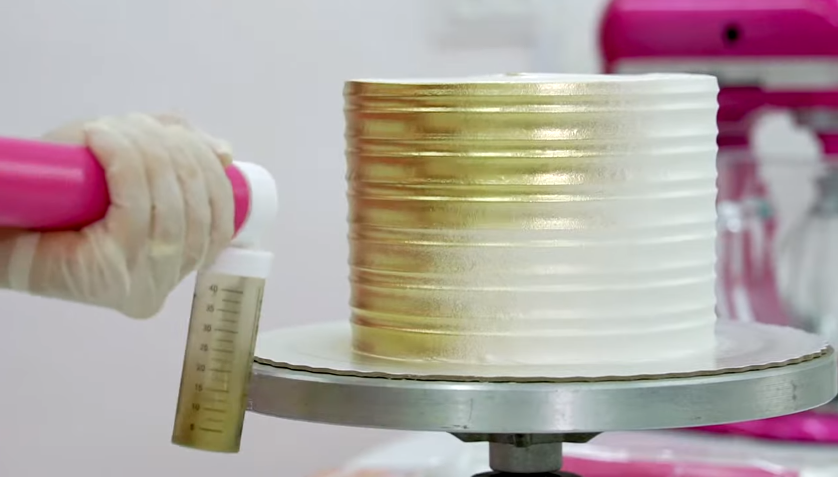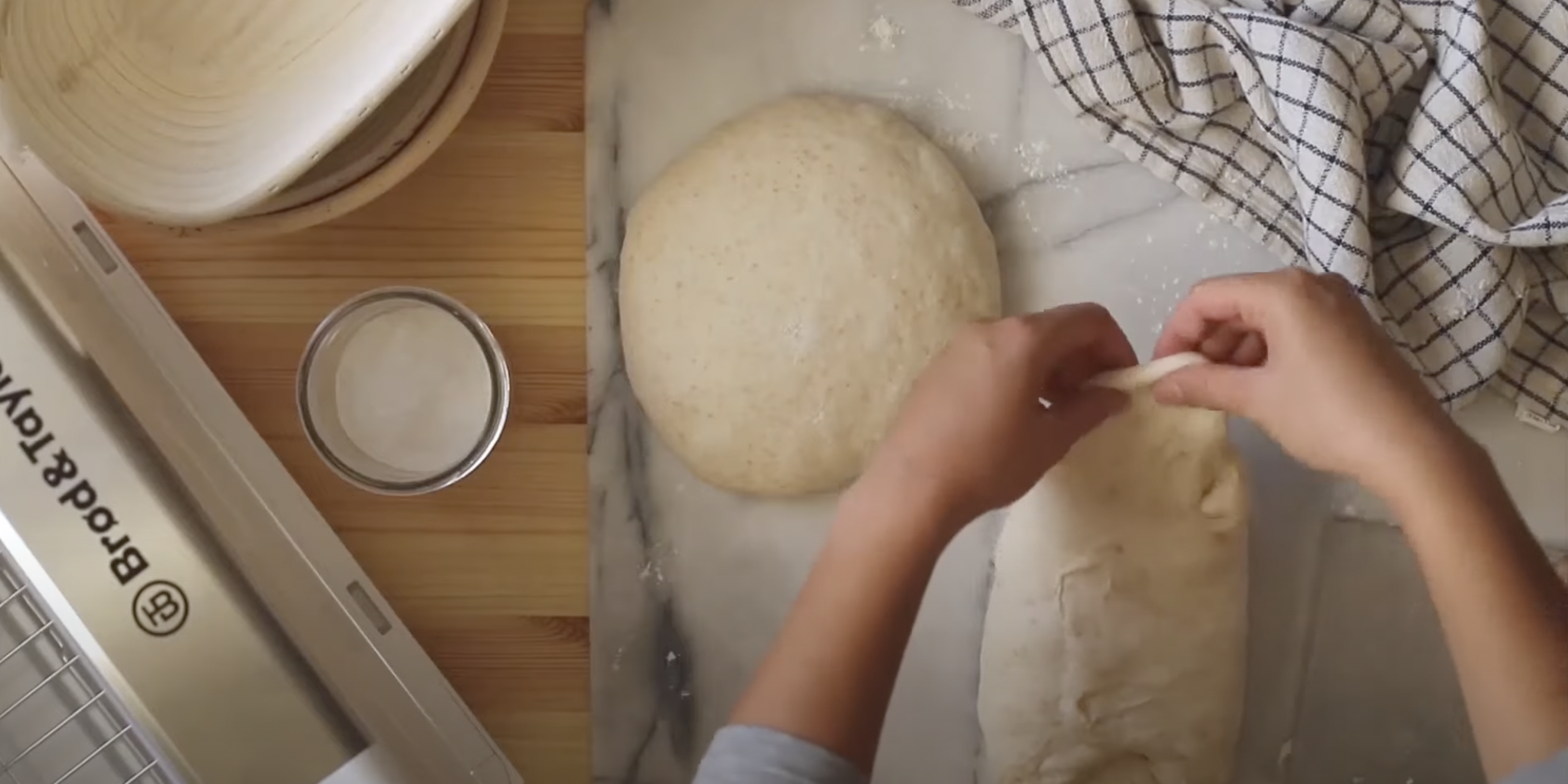Oh boo hoo! Do you know how many people would love to have a farm-fresh egg once in a while? We realize they're not that hard to find – farmer's markets, farm shops, farms, some whole foods stores, etc. – but for most people a lack of time or simple inertia keeps them from buying these more flavorful eggs.
In any event, the answer to your problem is going to surprise you. Hard cooking is the one case where older eggs are preferable to very fresh. Scientists have determined that the ease with which an egg can be peeled relates to how acidic or alkaline it is, and older eggs, which have lost a lot of carbon dioxide, are more alkaline, and therefore easier to peel.
You don't have to wait forever – generally a week to 10 days is old enough to create a reasonably easy-to-peel hard-cooked egg.
They can always be a challenge, however, and people have different methods for peeling eggs. Our favorite is to cool the egg, crack it all over by rolling it around on the counter, then peeling from the large end (where the air space is) under a little cold running water. The key is to get the eggshell's membranes to separate from the egg, and often, that little bit of cold running water is enough to slip between the inner membrane and the egg white. If that happens, the egg peels easily. If not, it is quite likely that – as you say – pieces of white come off with the shell and they look horrible.
Julia Child lifted the eggs out of the hot water in a basket, cooled them quickly in cold water, then dipped them in the hot water again before peeling immediately. She said the quick hot bath made the shells expand slightly, making them easier to peel.
And for the record, eggs are not generally peeled until after Easter. So the news that peeling a recently cooked egg is a bit easier than peeling an egg that has been stored in the refrigerator after cooking is not very helpful at Easter time.
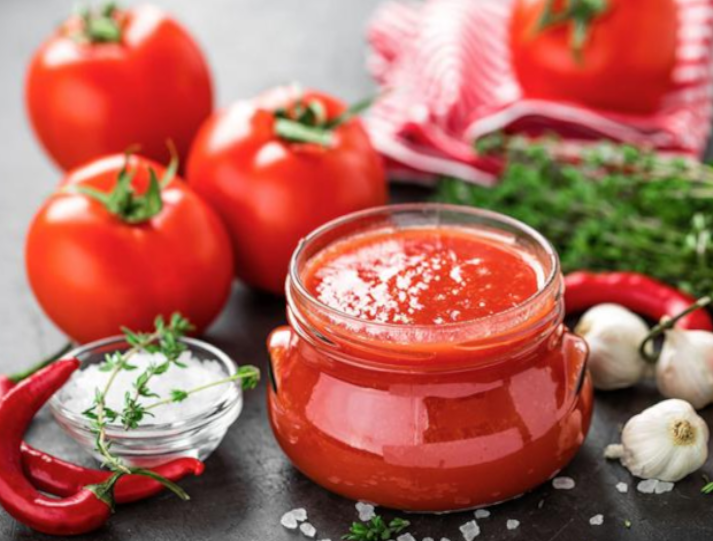
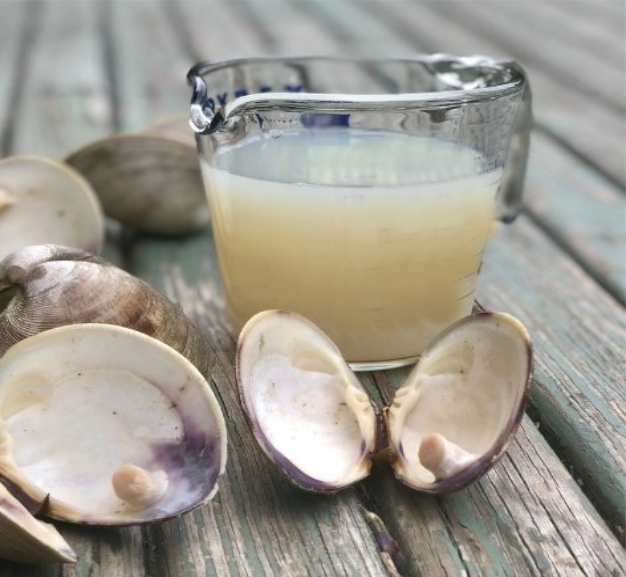
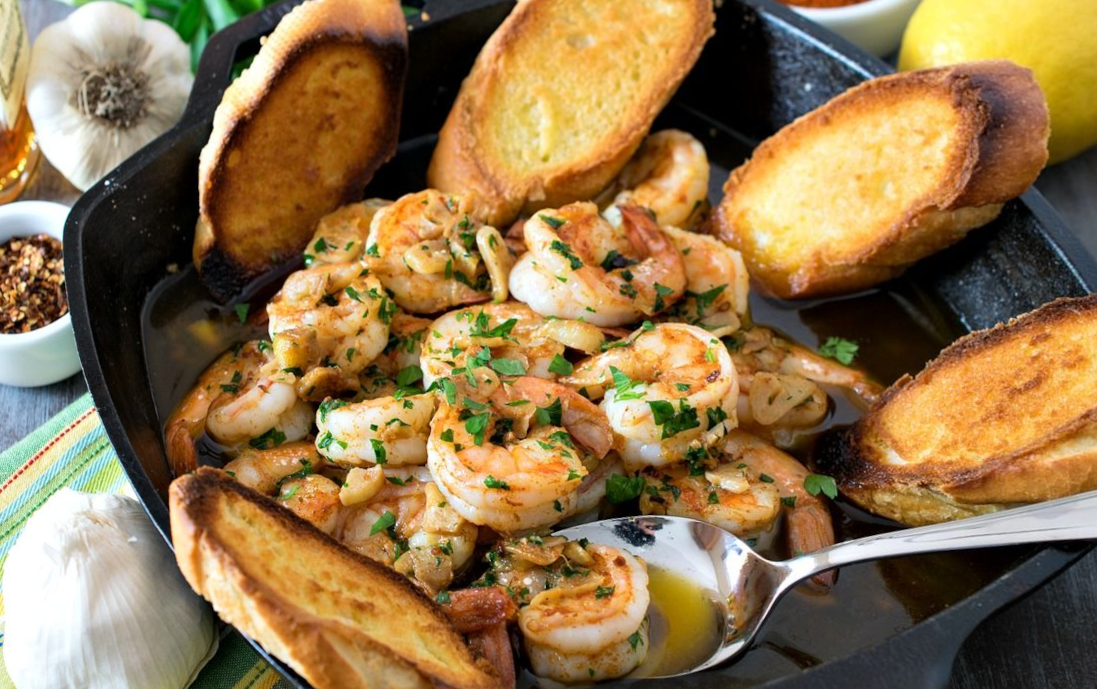

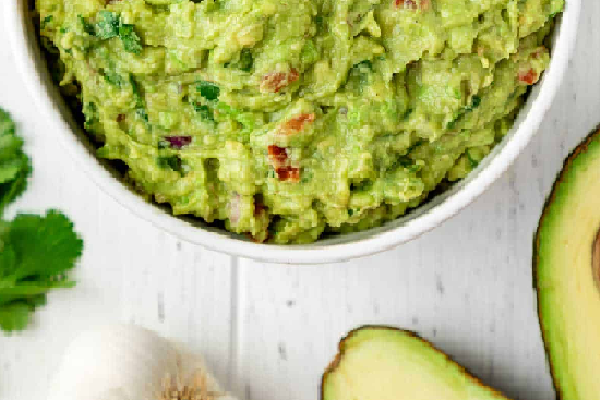
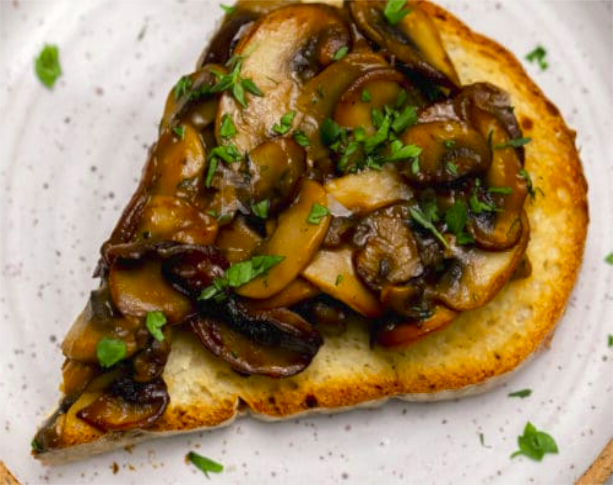
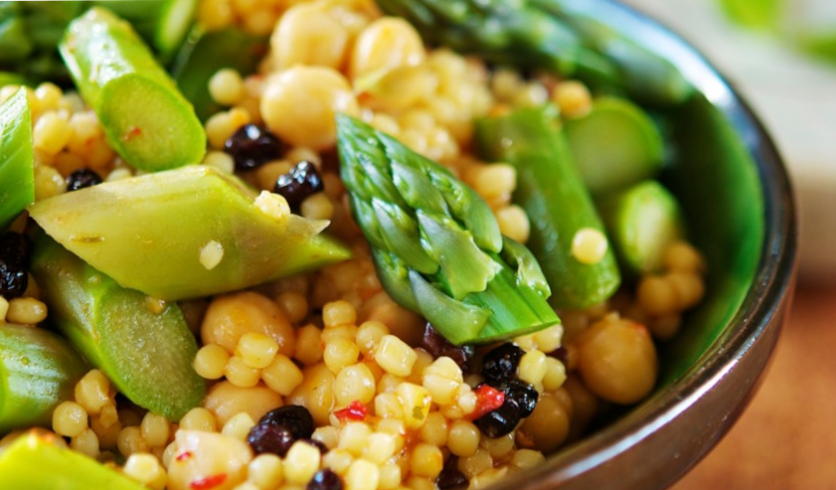
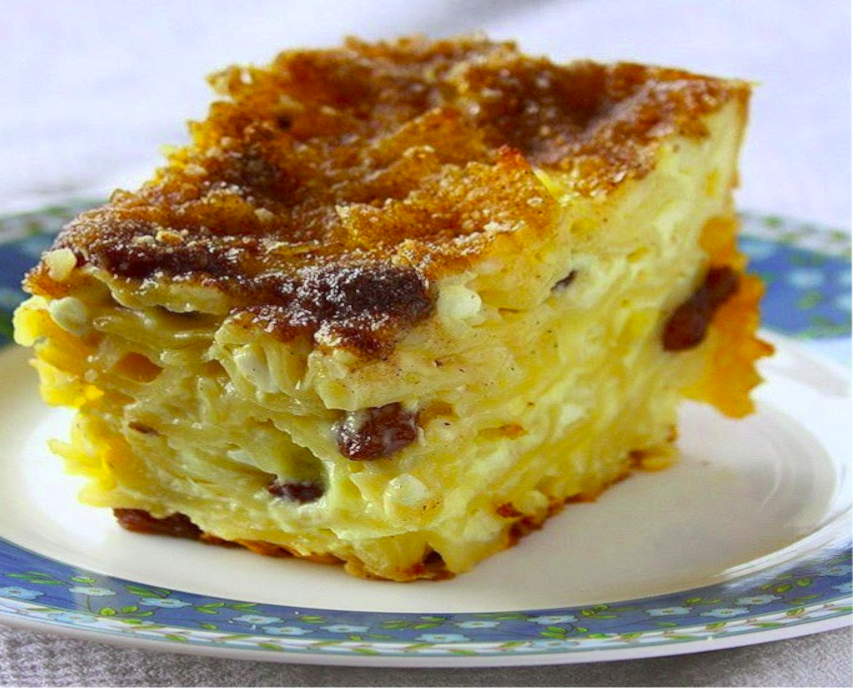

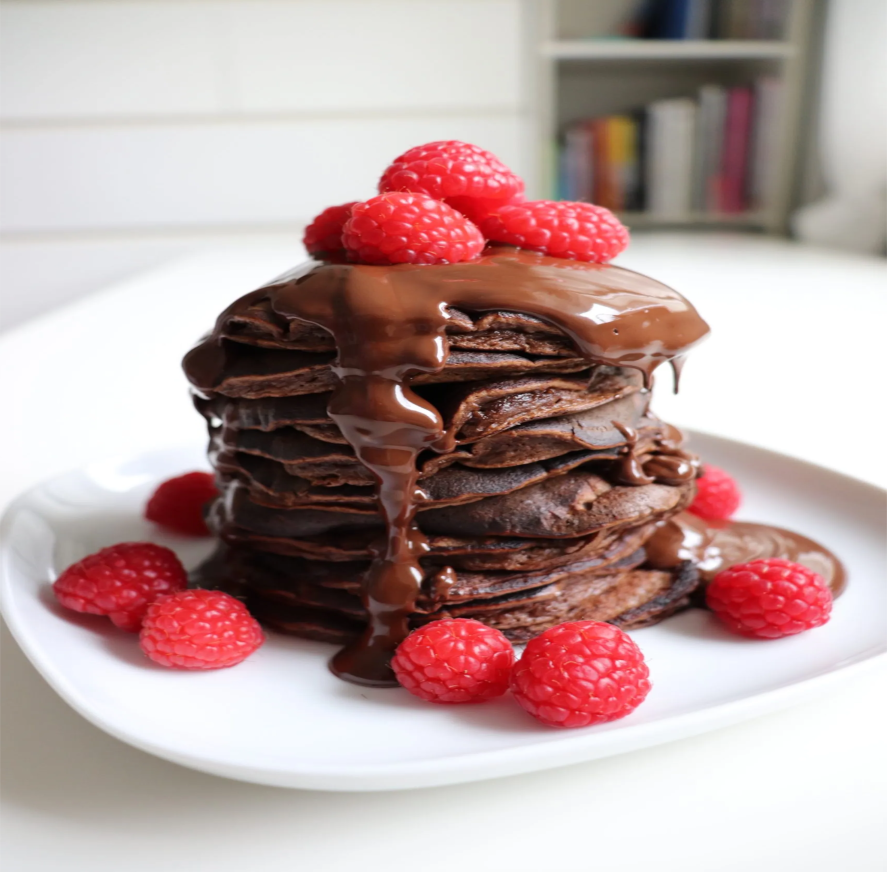
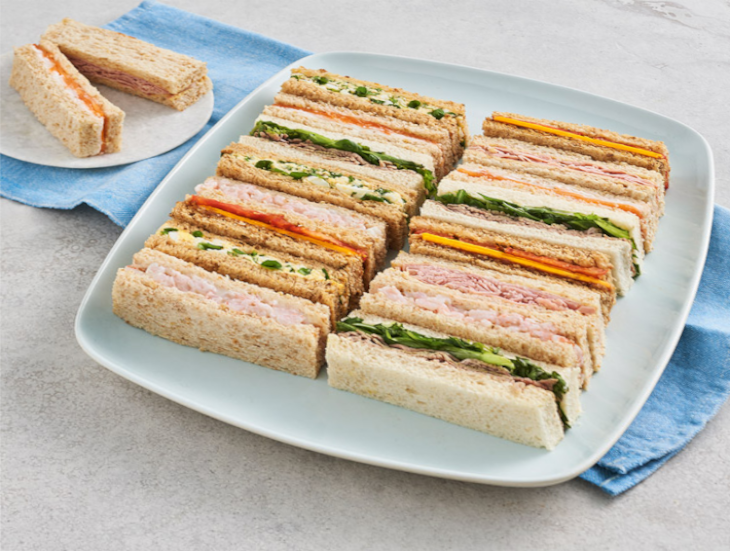



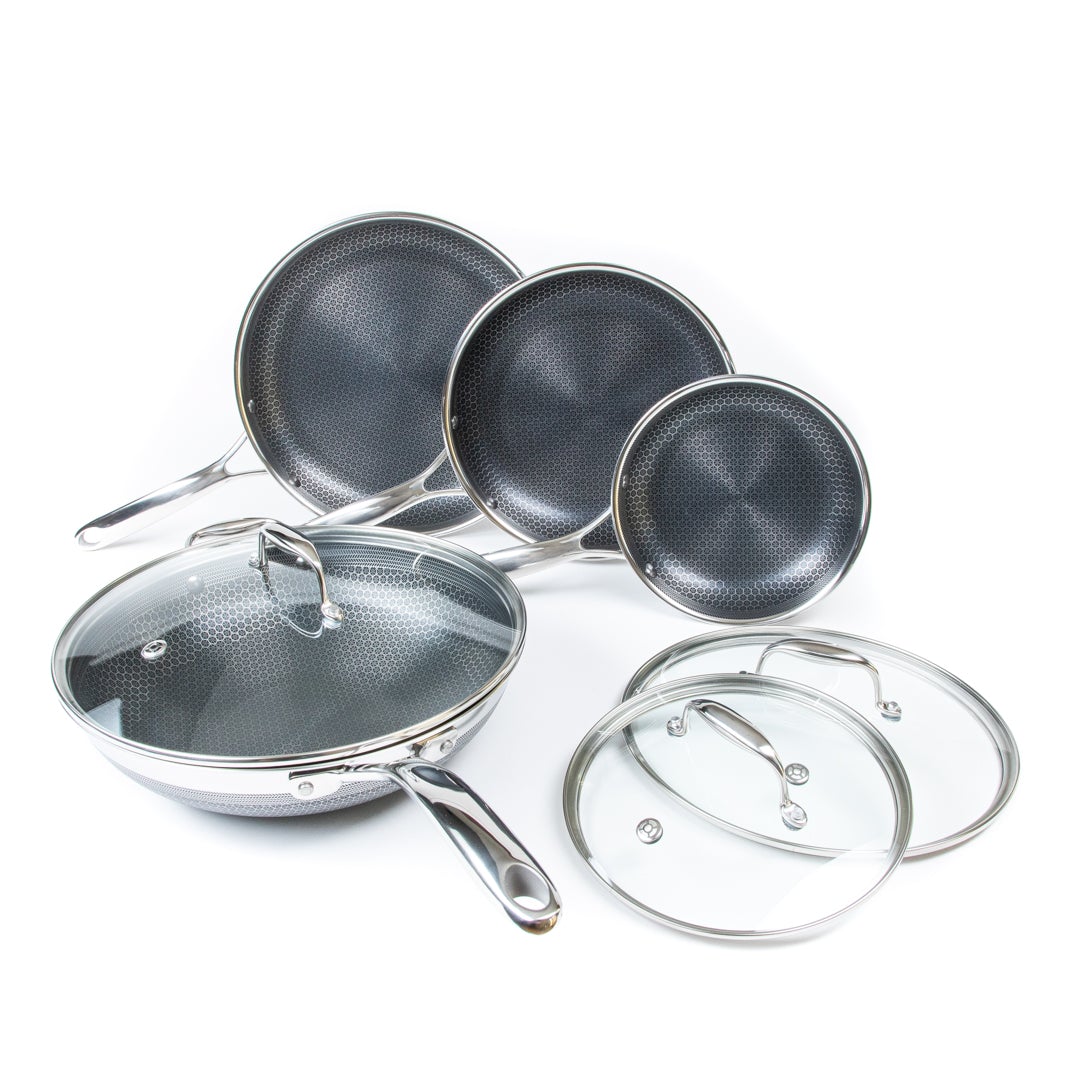
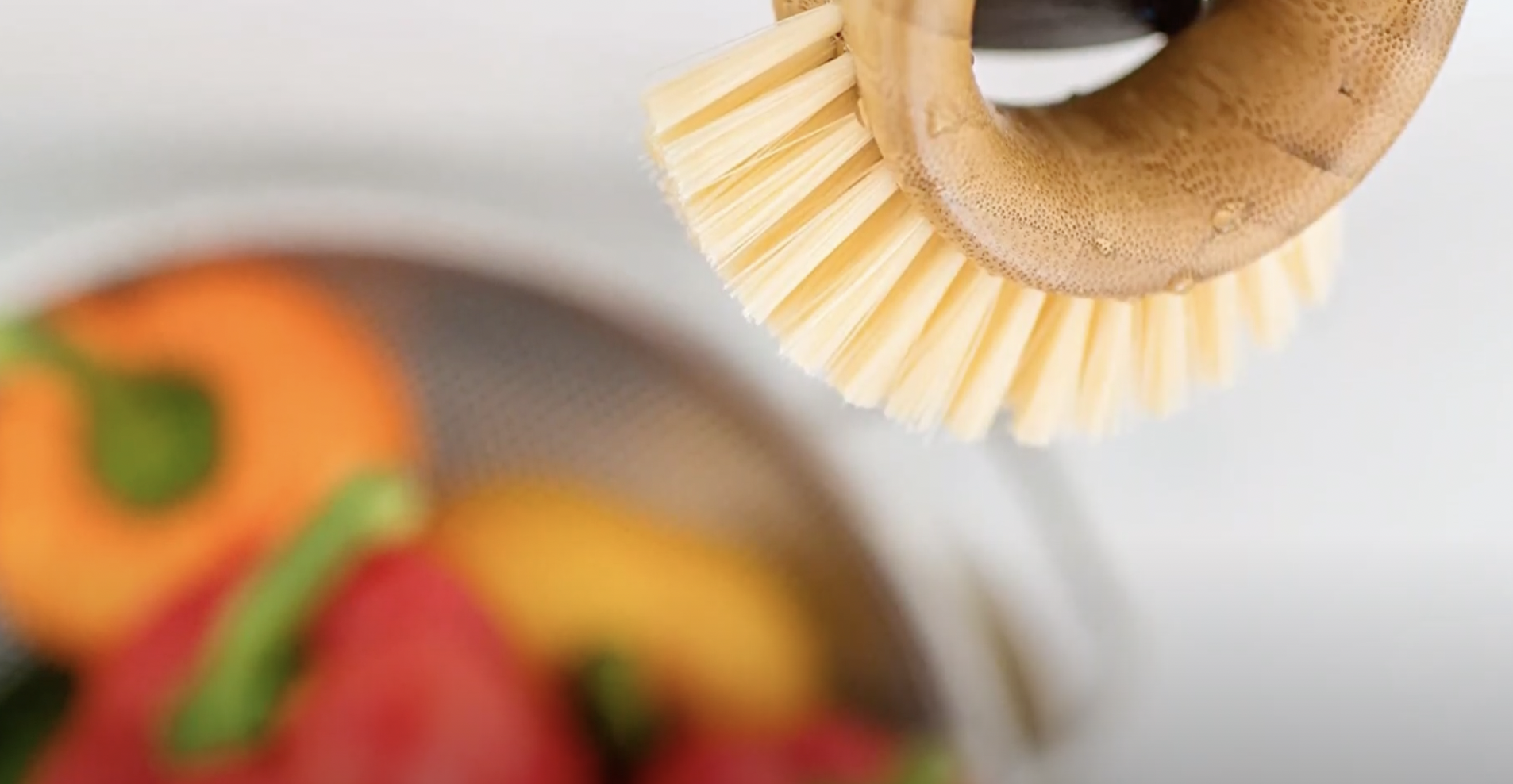
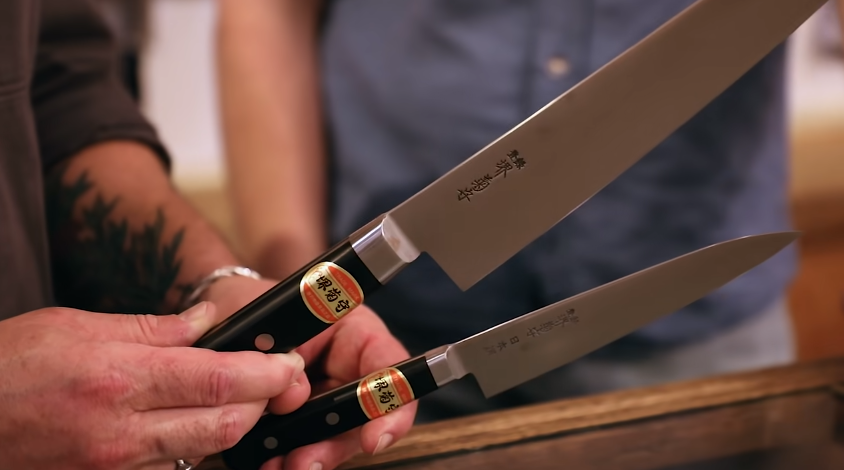
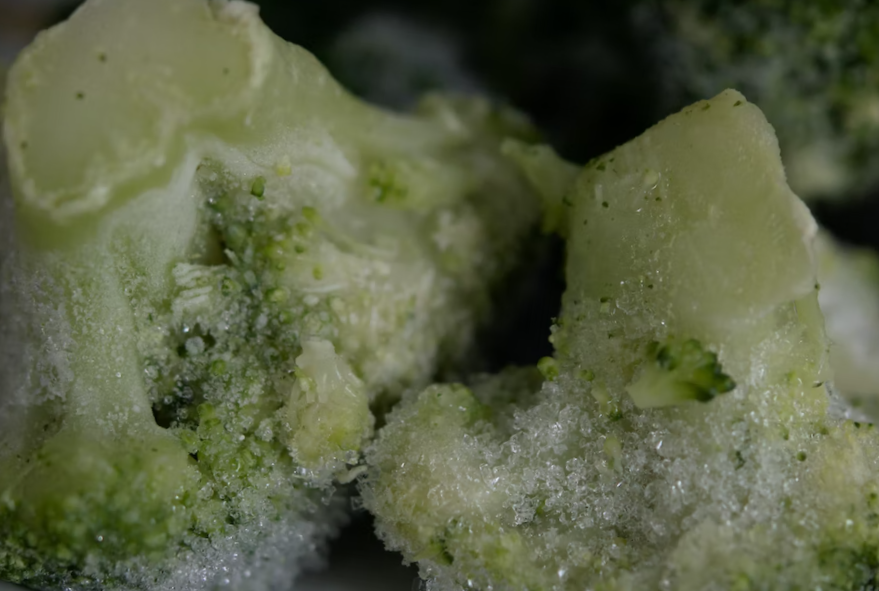
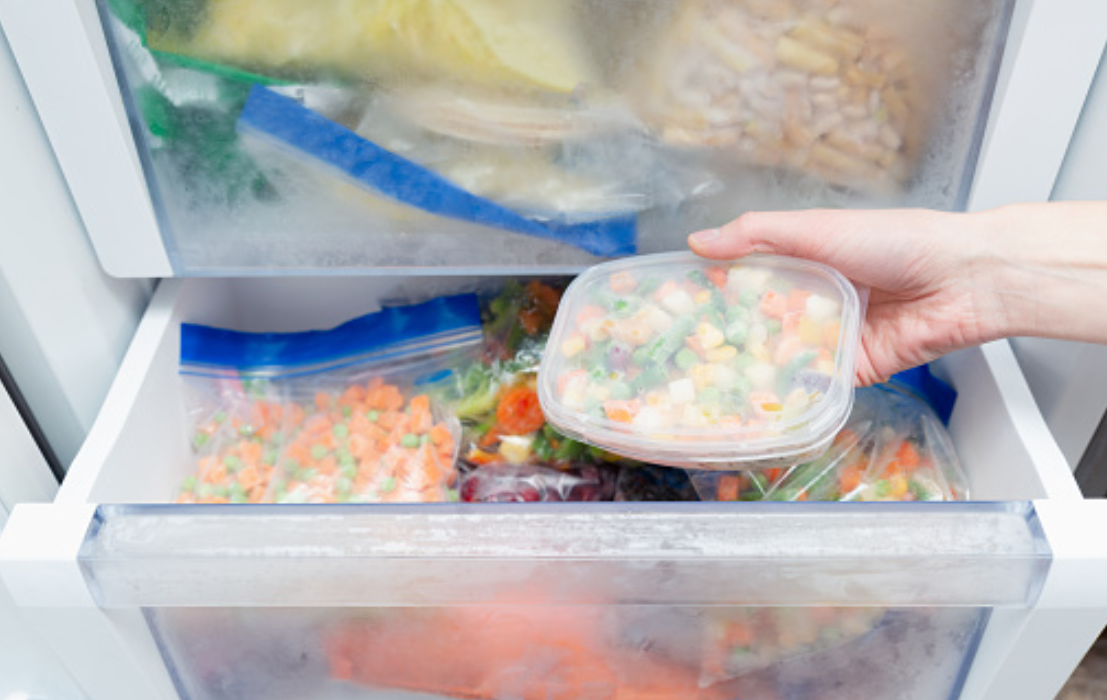
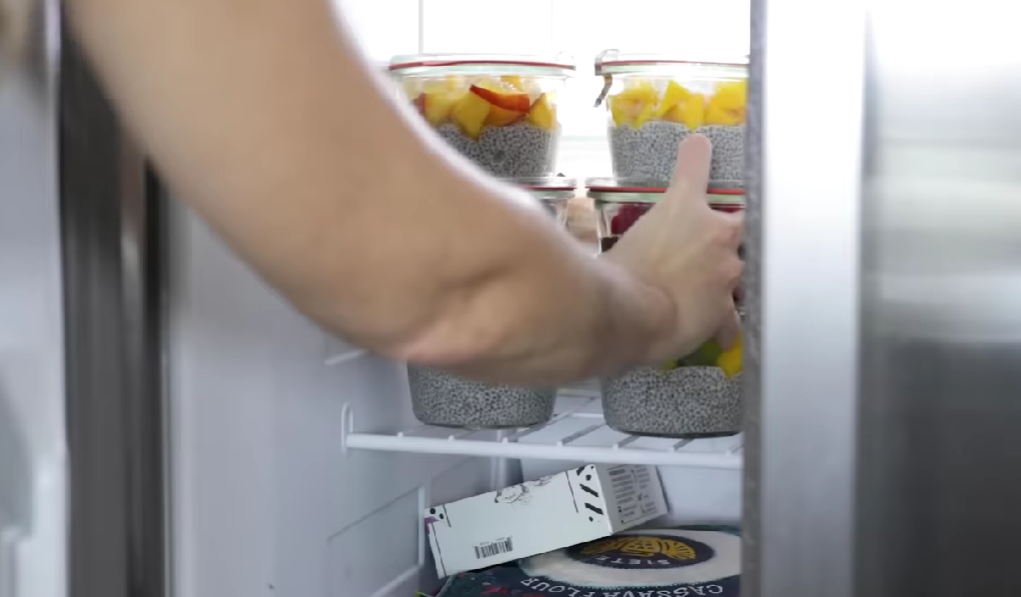

![Can you Cook Eggs in the Microwave? [Complete Guide]](/assets/images/c1f79d1cad59f18f9b5dc31403bd0eb2.png)
